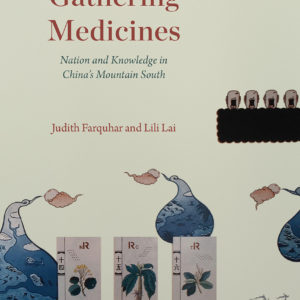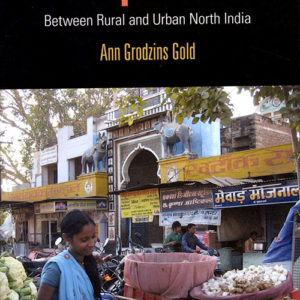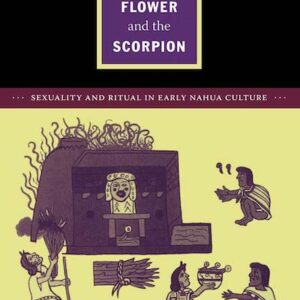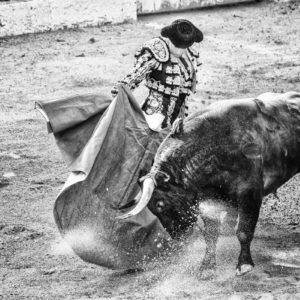
Gathering Medicines: Nation and Knowledge in China’s Mountain South
By Judith Farquhar (NHC Fellow, 2007–08; 2015–16) and Lili Lai In the early 2000s, the central government of China encouraged all of the nation’s registered minorities to “salvage, sort, synthesize, and elevate” folk medical knowledges in an effort to create local health care systems comparable to the nationally supported institutions of traditional Chinese medicine. Gathering Medicines bears … Continued







